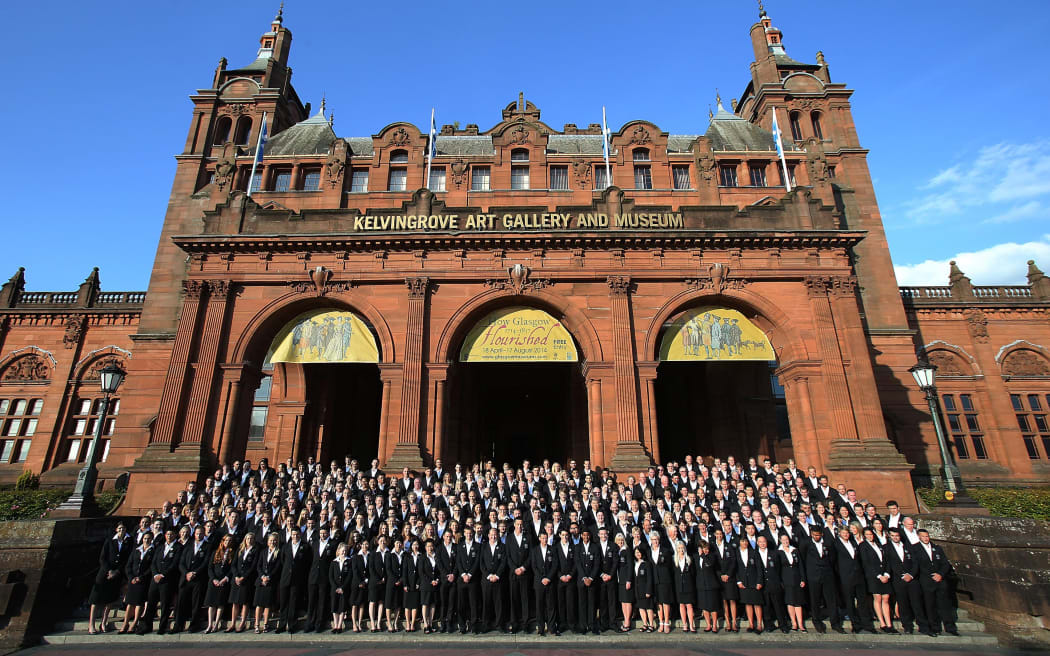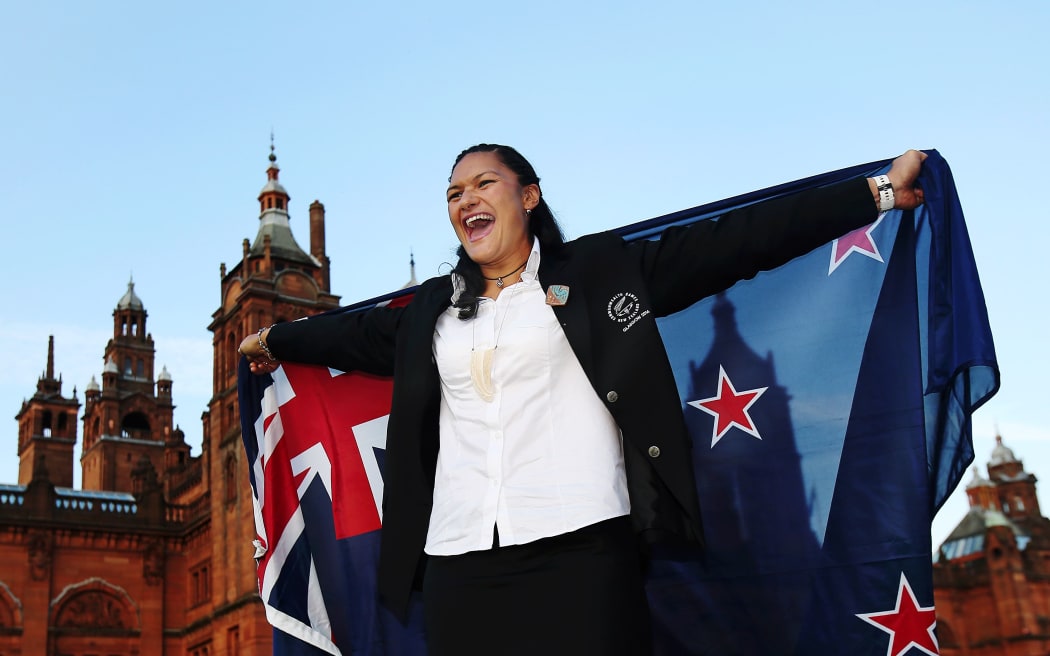While it is not going to be the biggest or the best sporting event held this year, the Commonwealth Games still deserves a place in the sporting landscape of the future.
With most of the world still reflecting on the month-long party that was the FIFA World Cup, the 20th installment in Glasgow has snuck up on many in the public as its build-up fought for column inches with the world's biggest sporting event.
The usual questions have come up about the relevance of the Commonwealth Games, whether it is sustainable moving forward and whether anyone even cares.
These are valid questions and should be raised. There are serious concerns about the financial burden host cities take on - Glasgow has spent more than $1 billion in order to stage the 11 day event, and it seems unlikely cities are going to be able to continue to justify these sort of expenses long-term.
But while many will simply dismiss the event from a sporting point of view, the Commonwealth Games has an important role to play.
For those New Zealand athletes who aim to be at the Olympics in Rio de Janeiro in two years time, the next 11 days will be crucial for their development.

New Zealand pose for a team photo outside the Kelvingrove Art Gallery and Museum, Glasgow, Scotland. Photo: PHOTOSPORT
Most of the 17 sports being contested in Glasgow spend most of the time well out of the media spotlight in New Zealand, only receiving attention after a local athlete has achieved some success. However over the next week and a half the New Zealanders will be forced to perform with the nation observing their every move.
"It's one of those events where New Zealand gets behind it so much and it's so televised, every moment of your life is on TV and that's sort of what puts it above a regular competition," says the World Champion track cyclist Eddie Dawkins.
"There's so much expectation and so many people watching that it's very important for us in the present day and also leading on to Rio."
Those charged with selecting New Zealand Olympic teams in 2016 will certainly be taking note of how each athlete deals with the added pressure of performing in a multi-sport event, and success in Glasgow will go a long way to securing a spot on the plane to Brazil.
The other factor that will keep the Commonwealth Games as a regular topic around the nation's water-coolers this month is the inevitable flood of New Zealand medals.
The NZOC is aiming to at least match the 36 medals won by New Zealanders in Delhi four years ago. That is more than they have picked up at the last four Olympics combined. The fact that they've come against weakened opposition will be a mere afterthought.
Like every sporting event the Commonwealth Games will always have its detractors, but expect them to fade into the background in the next 11 days as the focus turns to the track, the field, the road and the pool.

Valerie Adams, the New Zealand Flag Bearer for the 2014 Glasgow Commonwealth Games. Photo: PHOTOSPORT

